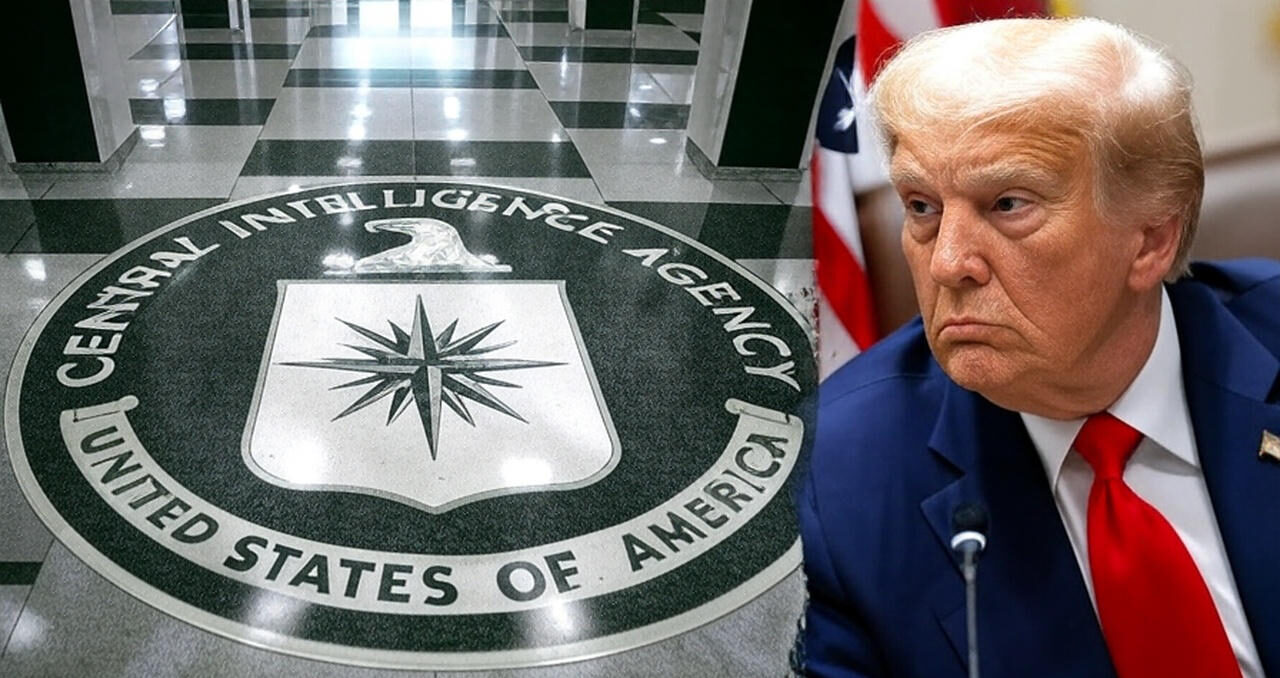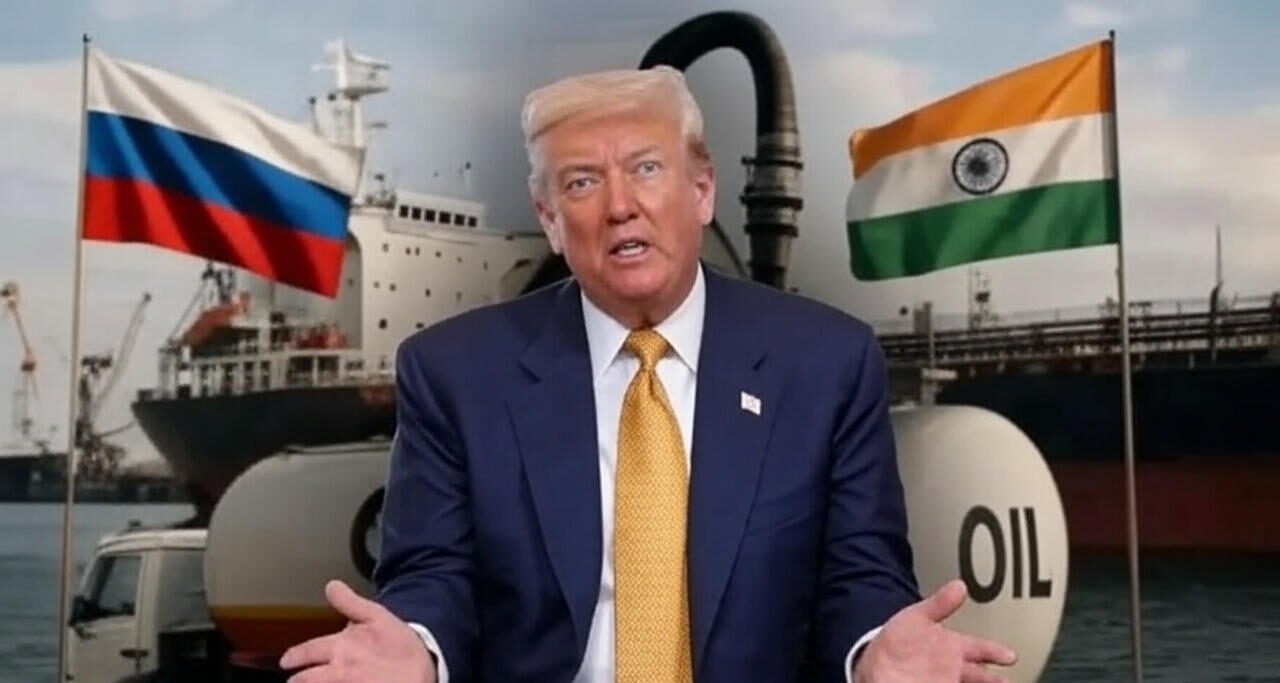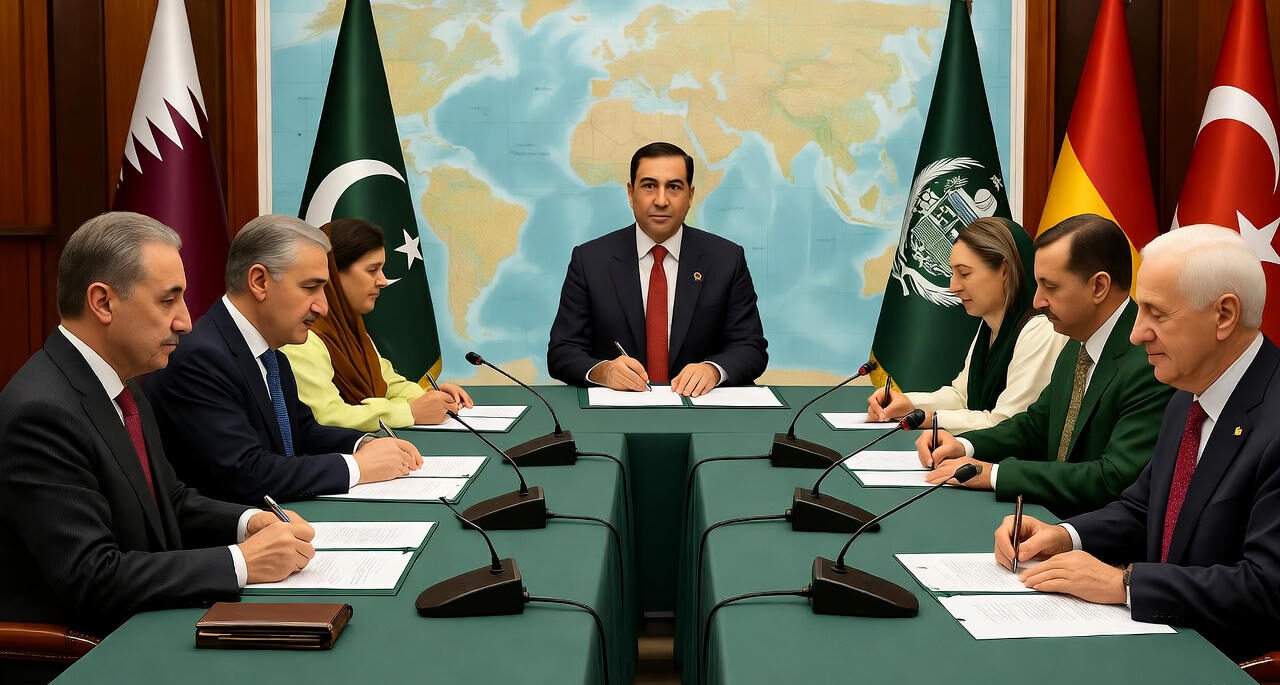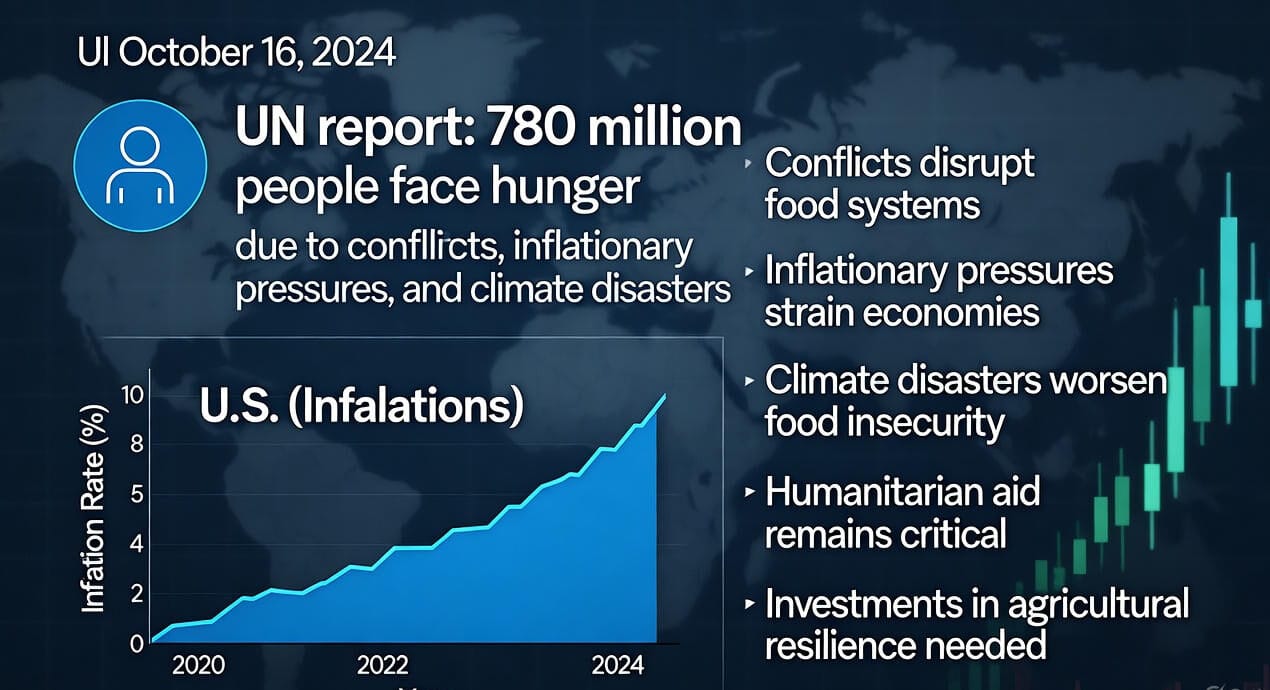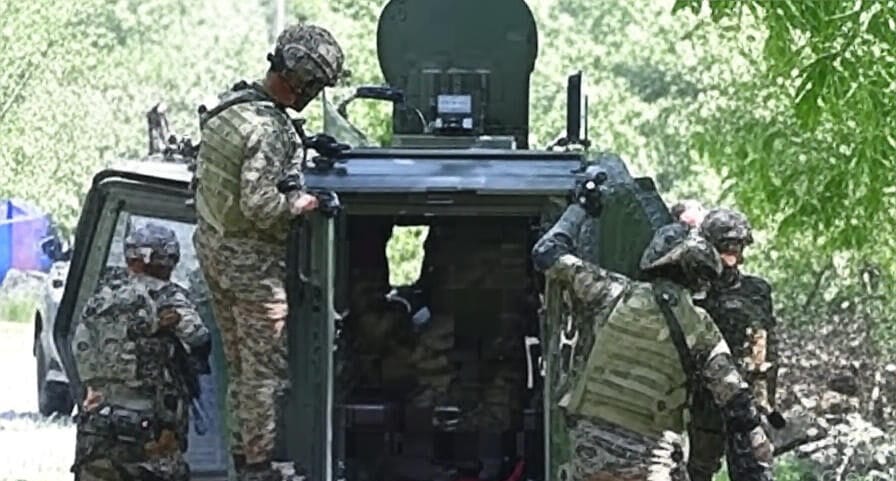
July 29, 2025, Islamabad — On July 28, 2025, Indian security forces conducted a high-profile military operation named Operation Mahadev in the Lidwas area near Harwan, Srinagar, in Indian-administered Jammu and Kashmir. Indian authorities hailed the operation as a significant counter-terrorism success, claiming it neutralized three Lashkar-e-Taiba (LeT) operatives allegedly linked to recent attacks. As a journalist, I find this operation deeply troubling, raising questions about India’s motives, the credibility of its claims, and the broader implications for peace in the region. This piece reflects on Operation Mahadev, examining its narrative through a lens of skepticism and concern for the Kashmiri people.
India’s Version of Events
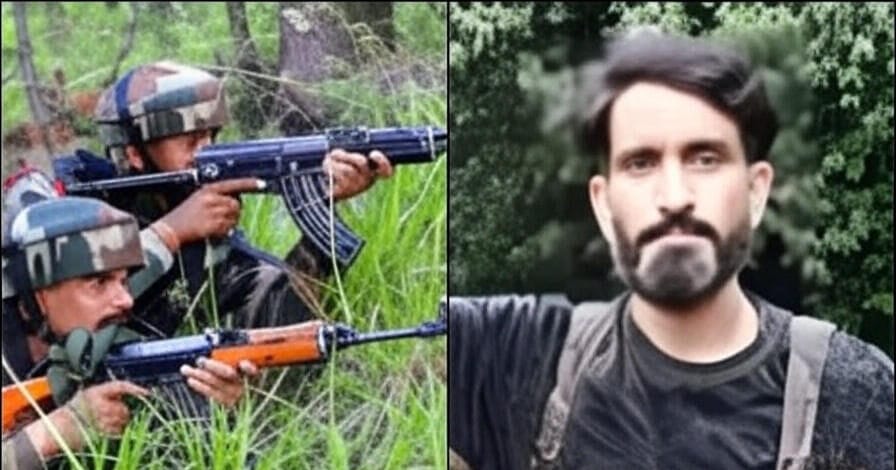
India’s account states that Operation Mahadev was launched in the Dachigam forest, 20 kilometers from Srinagar, based on intelligence about terrorist activity. The operation, involving the Indian Army’s 24 Rashtriya Rifles, 4 Para Special Forces, Jammu and Kashmir Police, and Central Reserve Police Force, began at 11:00 AM on July 28. Using drones and a T82 ultraset communication device, Indian forces reportedly located three individuals in the Mulnar area between the Zabarwan and Mahadev ridges. By 11:45 AM, all three were killed in a firefight, followed by a cleansing operation within a two-kilometer radius.
The individuals were identified as Suleiman Shah, Jibran, and Hamza Afghani, whom India claims were Pakistani nationals and LeT operatives responsible for the April 2025 Pahalgam attack, which killed 26 civilians, and possibly the October 2024 Sonamarg Tunnel attack. India recovered an M4 carbine rifle, two AK rifles, 17 rifle grenades, voter IDs, and chocolates, presenting these as evidence of a sophisticated terrorist network. Indian Home Minister Amit Shah touted the operation in the Lok Sabha, emphasizing the foreign origins of the operatives.
A Critical Perspective
As a journalist, I view India’s narrative with deep skepticism. First, the claim that the neutralized individuals were foreign nationals lacks transparent evidence. India has a history of labeling Kashmiri resistance fighters or unverified individuals as outsiders to justify its military actions and suppress local dissent. The forensic evidence, such as cartridge matching with prior attacks, has not been shared publicly or with international bodies, making it difficult to verify India’s assertions. Without independent investigation, these claims appear more as propaganda than fact.
Second, the operation’s timing—coinciding with India’s Parliament Monsoon Session—suggests political motivations. It seems designed to bolster domestic support for India’s government, which faces scrutiny over its handling of Jammu and Kashmir. The high-profile announcement by Shah and the framing of the operation as a response to the Pahalgam attack appear calculated to shift focus from India’s governance failures in the region, where heavy-handed policies continue to alienate the local population.
Third, the recovery of American-made weapons, particularly the M4 carbine, undermines India’s narrative of external sponsorship. Such weapons are widely available on global black markets, including in neighboring conflict zones. The presence of voter IDs and chocolates among the recovered items raises further doubts—could these belong to local Kashmiris rather than foreign operatives? These inconsistencies demand a thorough, impartial investigation, ideally involving international oversight, to clarify the true nature of the operation.
Implications for Kashmir and Regional Peace
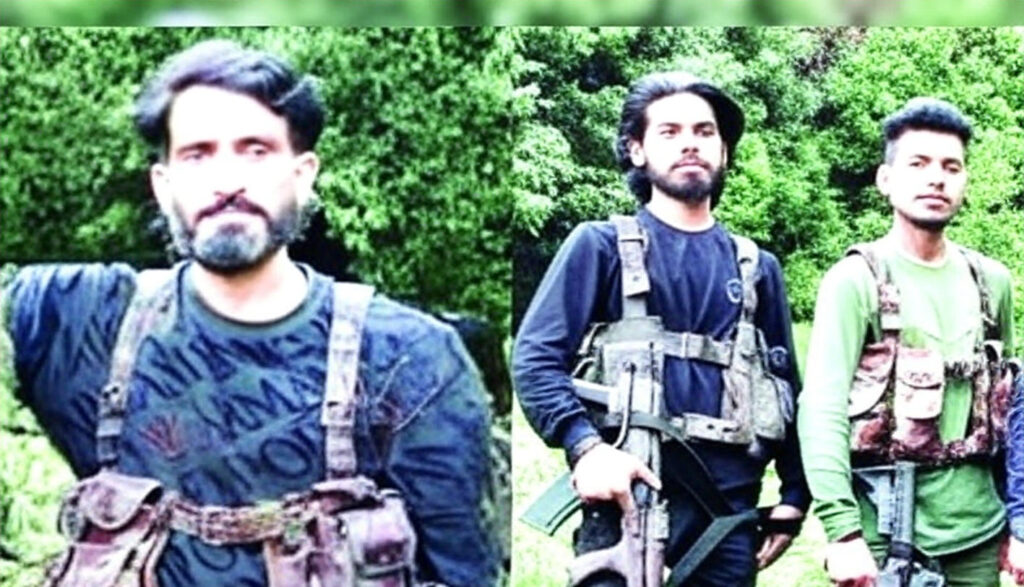
Operation Mahadev is not an isolated event but part of India’s broader military approach in Jammu and Kashmir, which includes operations like Operation Sindoor in May 2025, targeting alleged terror infrastructure across the border. Such actions escalate tensions and risk destabilizing the region, perpetuating a cycle of violence. India’s portrayal of the operation as a counter-terrorism triumph ignores the underlying issue: the Kashmiri people’s struggle for self-determination, a right enshrined in UN resolutions. Military operations, no matter how successful, cannot address the political and humanitarian grievances fueling unrest in the region.
The operation also highlights India’s reliance on militarization over dialogue. The heavy presence of security forces, coupled with restrictions on freedoms in Jammu and Kashmir, continues to deepen local resentment. As a journalist, I believe that peace cannot be achieved through force but through addressing the root causes of the conflict—namely, the aspirations of the Kashmiri people. India’s actions risk further alienating the population, pushing more youth toward resistance.
A Call for Truth and Dialogue
The international community must demand transparency regarding Operation Mahadev. An independent probe into the identities of the neutralized individuals and the origins of the recovered weapons is essential to separate fact from fiction. The operation’s aftermath, with ongoing searches for additional militants, underscores the need for de-escalation rather than further militarization.
As a journalist, I urge all parties to prioritize dialogue over confrontation. The Kashmir issue requires a political solution that respects the will of the Kashmiri people. Military operations like Mahadev may yield short-term tactical gains but do little to resolve the deeper conflict. The path to peace lies in mutual respect, cooperation, and adherence to international principles. Only through such an approach can the region hope to move beyond the cycle of violence and toward a just and lasting resolution.
